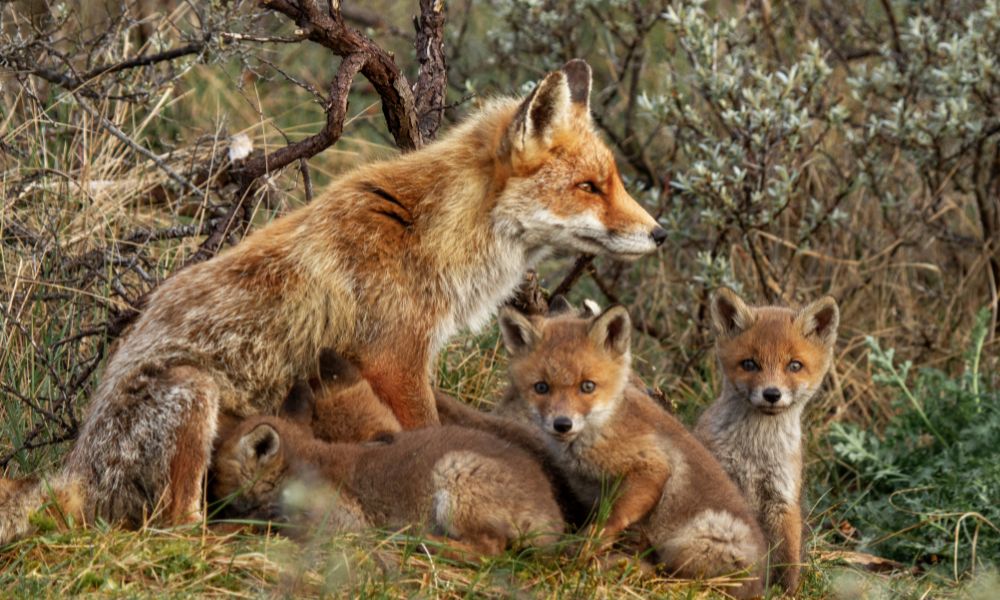A new study reveals that, similar to humans, animals thrive in close-knit communities that encourage help and support among members.
Professor Emeritus Olaf Leimar from Stockholm University, and Professor Redouan Bshary, from the University of Neuchâtel, conducted this study and found that small social relationships are essential for better, longer lives for animals.
The authors’ research sheds new light on how animals form bonds with each other. Many scientists have believed that animals only helped others they could expect immediate reciprocity from; however, this study shows that bonds among animals can be just as significant and complex as the bonds humans share.
According to the study, animals that live in groups and share experiences with each other end up having a stronger bond over time — and they may have longer lifespans.
Animals were also seen aiding animals they’d bonded with even when they couldn’t expect immediate reciprocity. The authors of the study noted how female vampire bats are known to groom and share food with other bats they’ve bonded with. In their discussing the study, the authors expressed a desire to understand these networks of support and aid better.
“We hope that our results will inspire biologists to further investigate the dynamics of social bonds in different group-living species, including studies on how new bonds are formed,” Professor Emeritus Olaf Leimar said about the study.
This study serves as proof that there is more to understand about how the social bonds of animals can lengthen — and sweeten — their lives. It also affirms that animals are individuals, capable of enjoying unique friendships and strong bonds — just like humans.








